Publications
Articles, publications, books, tools and multimedia features from the U.S. Institute of Peace provide the latest news, analysis, research findings, practitioner guides and reports, all related to the conflict zones and issues that are at the center of the Institute’s work to prevent and reduce violent conflict.
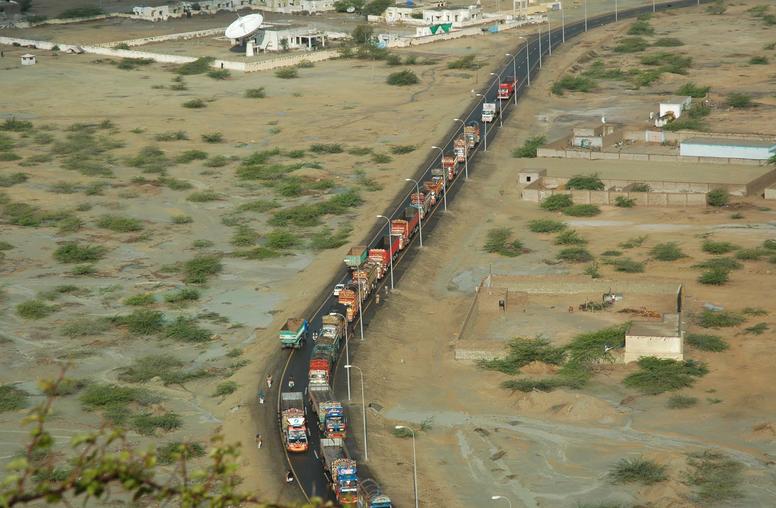
Pakistan’s Growing Problem with its China Economic Corridor
The China-Pakistan Economic Corridor (CPEC) has deepened the decades-long strategic relationship between the two Asian nations. But it has also sparked criticism, including that it burdens Pakistan with mountains of debt, allowing China to use “debt-trap diplomacy” to gain access to strategic assets. While some of this criticism is valid, a closer look indicates that concerns around debt sustainability, tepid economic growth and overall economic and social instability in Pakistan predate CPEC. Moreover, it is the lack of long-term structural reforms that has stymied equitable socioeconomic progress in Pakistan.
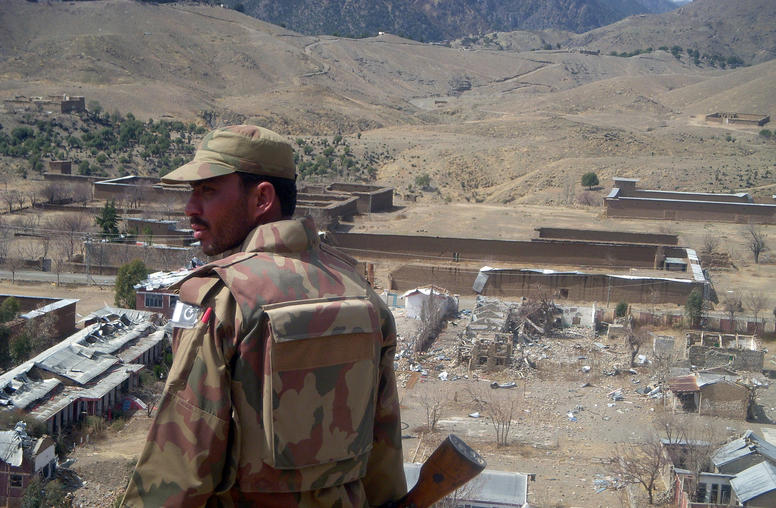
The Evolution and Potential Resurgence of the Tehrik-i-Taliban Pakistan
Following its formation in 2007, the Tehrik-i-Taliban Pakistan (TTP) emerged as one of Pakistan’s deadliest militant organizations. Military efforts severely curtailed the TTP’s ability to launch attacks by 2016, but recent signs—including a deadly attack in Quetta on April 21—suggest the group is attempting to rebuild its operational capacity. This report charts the rise and decline of the TTP and explores options for the Pakistani state, with cooperation and support from the United States, to stifle its resurgence.
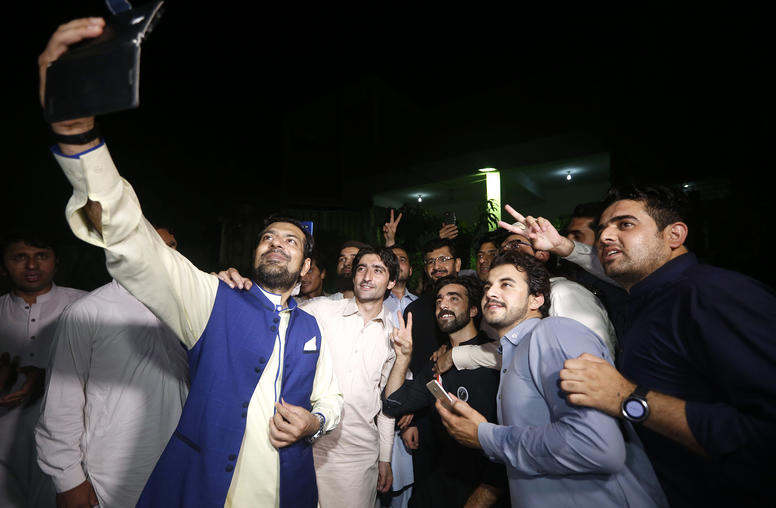
Extending Constitutional Rights to Pakistan’s Tribal Areas
When Pakistan’s Federally Administered Tribal Areas were officially merged into Khyber Pakhtunkhwa Province in May 2018, the five million residents of the former tribal areas acquired the same constitutional rights and protections—including access to a formal judicial system—as Pakistan’s other citizens. This report, based on field research carried out by the authors, explores the status of the formal justice system’s expansion, finding both positive trends and severe administrative and capacity challenges, and offers recommendations to address these issues.
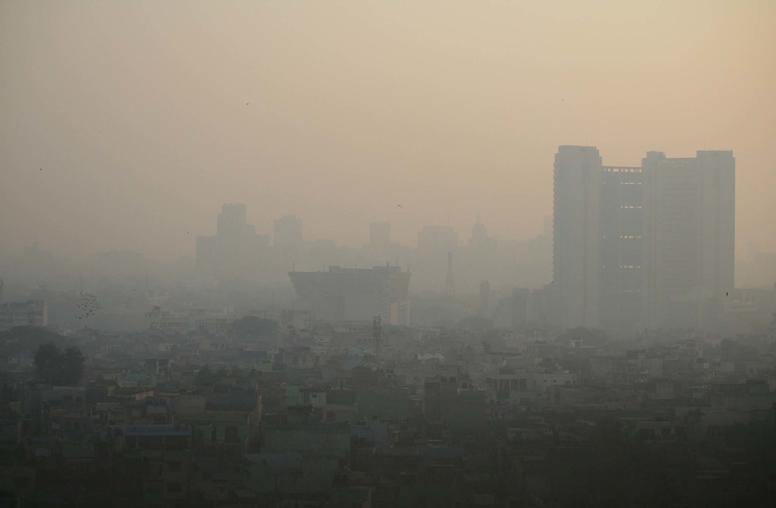
India, Pakistan choke on their smog. Can they clear the air?
South Asia’s extreme smog worsens each winter, helping to kill an estimated 1.2 million Indians and 128,000 Pakistanis annually—more than have died in either country from the COVID virus. As pollution this past winter exacerbated the pandemic, India’s and Pakistan’s governments responded with mutual blame. Yet COVID, and a sudden moment of détente between these bitter rivals, could offer an opportunity to address the smog crisis, and build rare collaboration with the only strategy that can work: a joint one. The governments, their U.S. and international allies and civil society should use this chance to jumpstart such an effort.
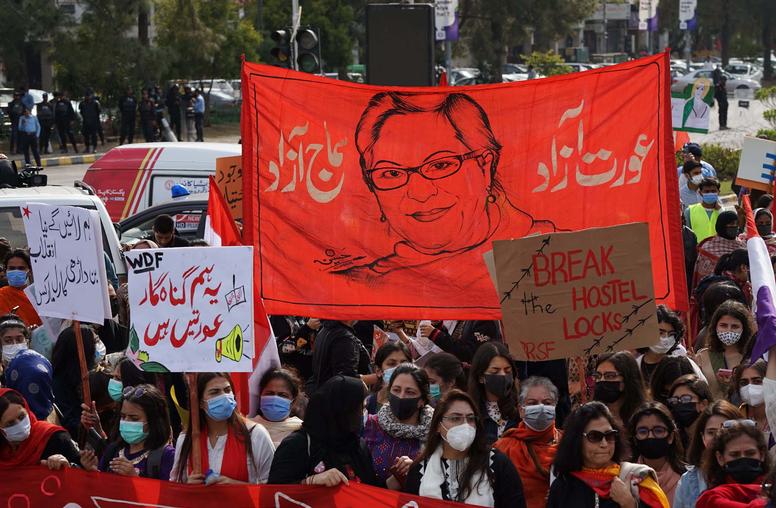
Pakistan: A Rising Women’s Movement Confronts a New Backlash
Thousands of women rallied across Pakistan on International Women’s Day this year and demanded an end to violence against women and gender minorities. In the days since, Pakistan’s Taliban movement has escalated the threats facing the women who marched. Opponents of women’s rights doctored a video of the rally to suggest that the women had committed blasphemy—an accusation that has been frequently weaponized against minorities in Pakistan and has resulted in vigilantes killing those who are targeted.
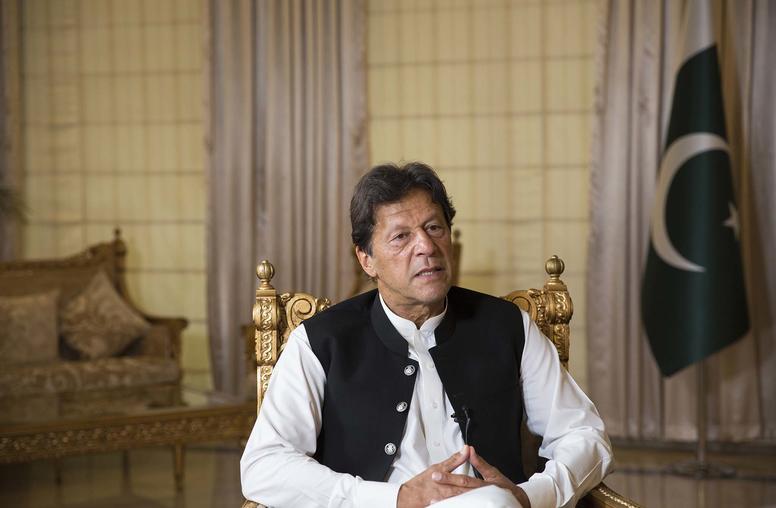
Pakistan Senate Election Upsets Government Efforts to Solidify Power
Pakistan held indirect elections on March 3 for the Senate, its upper house of Parliament, which is elected by sitting legislators in the National Assembly (the lower house of Parliament) and each of the provincial assemblies. Given the typically party-line vote, Pakistani Senate elections tend to be mundane affairs, with the results often preordained. However, in last week’s elections the ruling Pakistan Tehreek-e-Insaf (PTI) party, despite having a numerical majority in the national and provincial assemblies, failed to forestall defections among some lawmakers and in doing so failed to take control of the Senate from the opposition.
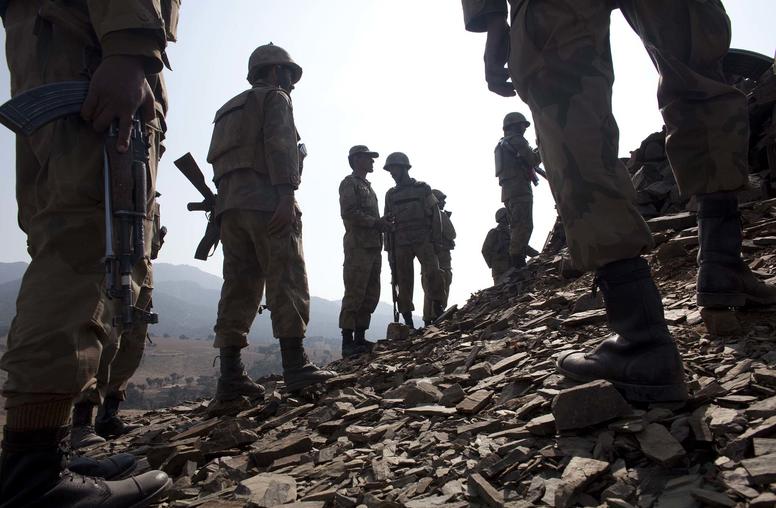
Biden and Washington’s Perennial Pakistan Problem
Among the many challenges facing the Biden administration will be addressing the infamously dysfunctional U.S.-Pakistan relationship. Anyone familiar with how Islamabad and Washington have interacted over the last 74 years will resort to tired metaphors: a roller-coaster ride, a sine wave, the dynamic between an overbearing mother-in-law and her daughter-in-law. These clichés reflect the reality that the relationship has rarely been stable and usually is either declining precipitously or accelerating unsustainably. The challenge for the new administration will be to find a way to work productively with Pakistan without oscillating between peaks of enthusiasm and depths of cynicism.
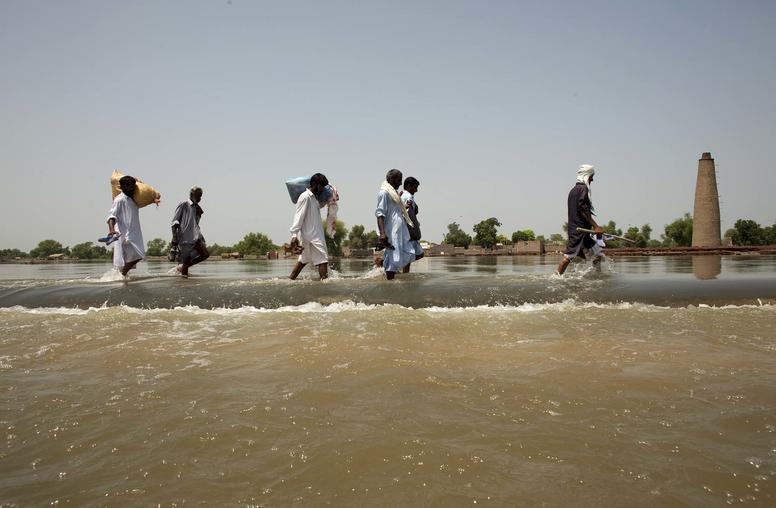
Could Water be a Flashpoint for Conflict in Pakistan?
Water has now become a commodity in many parts of the world. This is a problem in and of itself, as water is essential for every living thing. However, instead of being equally and fairly available to all, water mafias have emerged around the world and put a stranglehold on this essential resource. In Pakistan, this is most starkly seen in urban centers; however, rural areas have also been affected. Urban or rural, the most impoverished sectors of society are the ones most negatively impacted by water’s commoditization. This situation is ripe for conflict, especially in places where poor governance and rule of law are endemic.
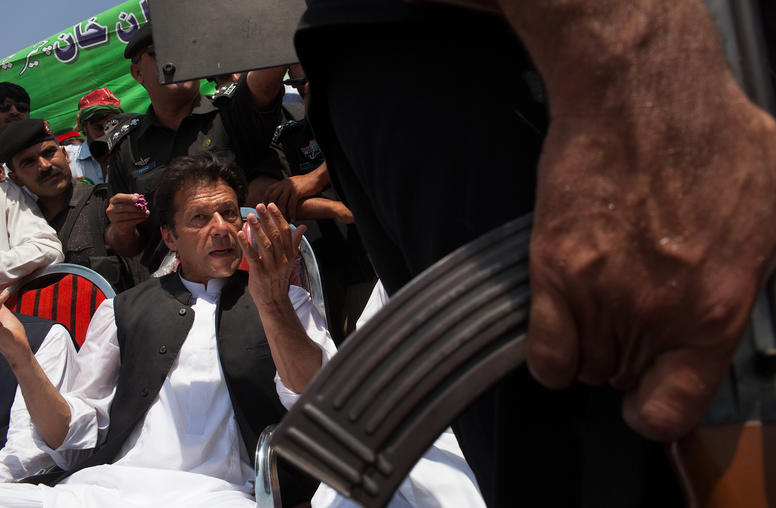
Pakistani Politics Roiled by Familiar Triangle: Military, Government, Opposition
Political uncertainty has descended on Pakistan as the combined opposition, seeking to dislodge the government of Prime Minister Imran Khan, has gathered under the banner of the Pakistan Democratic Movement (PDM). While the conflict may appear sudden, its roots lie in the 2018 general election, which the opposition claims was rigged by the military to carry the Pakistan Tehrik-e-Insaf (PTI) to power. With the government struggling to manage the economy and govern, and the opposition facing further parliamentary marginalization, the PDM has emerged as the most significant challenge to the PTI government so far. The PDM is also seeking to roll back the influence of the military in politics.
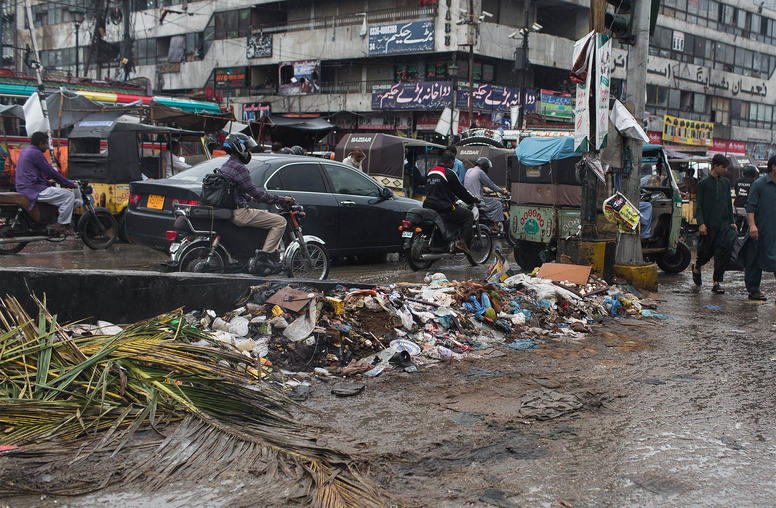
In Karachi, Flooding Lays Bare City’s Governance Issues
Many parts of Pakistan have always struggled with flooding, especially over the last decade, due in part to climate change as weather events have become more extreme. But for Pakistan’s largest city Karachi, August saw immense rainfall—breaking all previous records in the past century—and widespread flooding that brought the city to a standstill. USIP’s Jumaina Siddiqui and Cyril Almeida look at why Karachi’s flooding situation is so dire, how contentious political dynamics have impeded governance reforms in the city, and what can be done to prevent future humanitarian disasters.